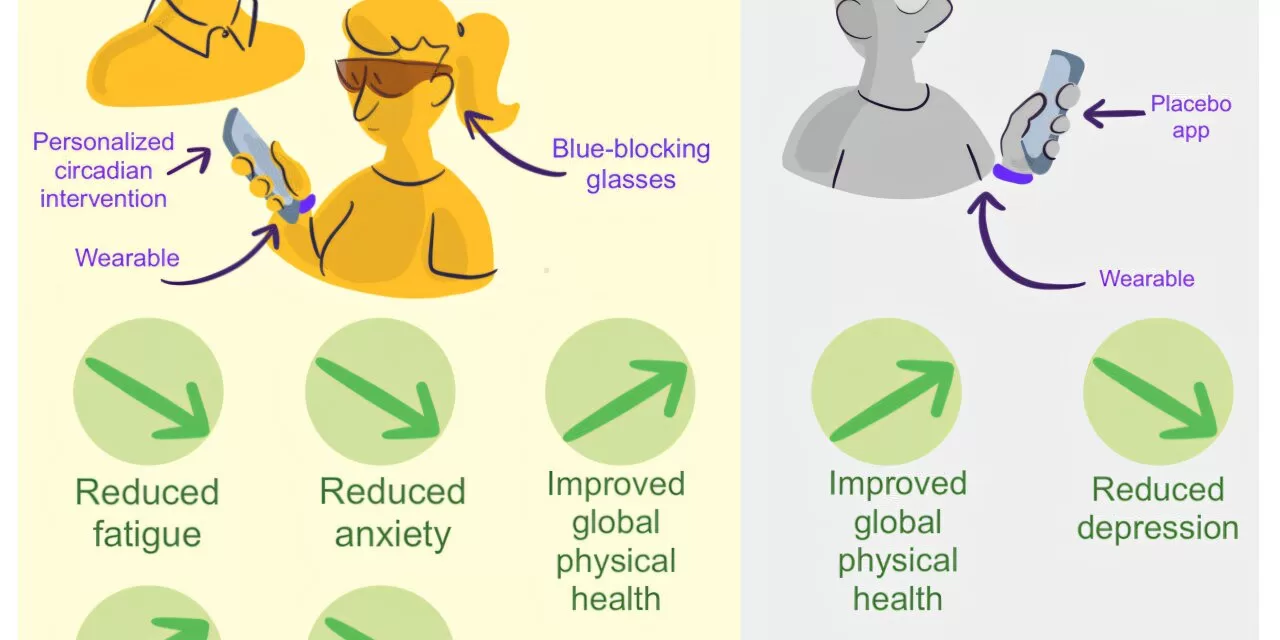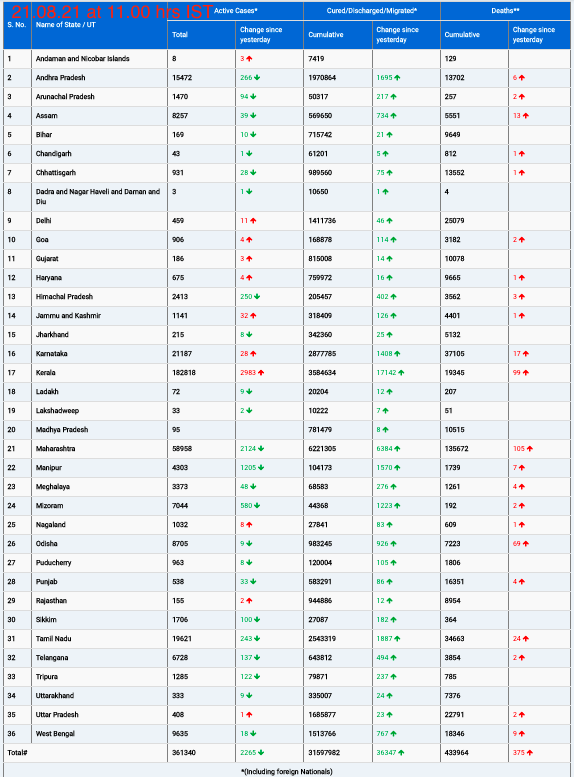ANN ARBOR, MI – A new personalized app, designed to track and adjust a user’s circadian rhythm, has demonstrated significant potential in reducing cancer-related fatigue, a debilitating side effect of cancer treatments. Researchers at the Rogel Cancer Center, in collaboration with Arcascope, a University of Michigan spinout startup, developed and tested the app, named Arcasync, with encouraging results.
Cancer-related fatigue is a common and often severe consequence of treatments like chemotherapy and radiation therapy, frequently persisting long after treatment ends. Traditional management approaches, such as medication, exercise, and meditation, don’t provide relief for all patients. Recognizing this gap, researchers sought a more accessible and personalized solution.
“These measures appeal to only a portion of the population,” explained Muneesh Tewari, a professor of internal medicine and a member of the U-M Rogel Cancer Center. “We wanted to provide something that could be more easily and widely accessible.”
The app leverages the body’s natural circadian rhythm, the 24-hour cycle that regulates sleep-wake patterns and other physiological processes. Disruptions to this rhythm have been linked to increased fatigue and decreased quality of life in cancer patients. Arcasync utilizes data from wearable devices, such as heart rate and activity patterns, to track individual circadian rhythms. Based on this information, the app provides personalized recommendations, such as optimal times for exposure to bright light, to help regulate the user’s internal clock.
In a study involving 138 participants with breast, prostate, and blood cancers, researchers divided participants into control and intervention groups. Over 12 weeks, all participants reported their fatigue levels, sleep disturbances, anxiety, depression, and overall health. The intervention group, using the Arcasync app, showed a significant reduction in daily and weekly fatigue compared to the control group.
“We have shown that you can take a device that is seamlessly integrated into your life and use it to guide your circadian rhythms,” said Sung Won Choi, a professor of pediatric hematology-oncology. “The reach of this app may be far greater than traditional medications or exercise regimens, regardless of cancer type.”
The research team plans to expand their study to include more participants and further investigate the effectiveness of the app’s recommendations. Future iterations of the app may also incorporate drug timing recommendations, aiming to optimize treatment efficacy and minimize side effects.
“Tackling fatigue is the first step. Next, we also want to exploit the circadian clock to make drugs more effective and less toxic,” said Olivia Walch, CEO of Arcascope.
The research was published in Cell Reports Medicine.
Disclaimer: The information provided in this article is for informational purposes only and should not be construed as medical advice. The Arcasync app is still under investigation, and its effectiveness may vary. Individuals experiencing cancer-related fatigue should consult with their healthcare providers for personalized advice and treatment options. Always seek the advice of a medical professional for any questions about your particular circumstances.(https://medicalxpress.com/news/2025-03-personalized-app-shown-cancer-fatigue.html)












